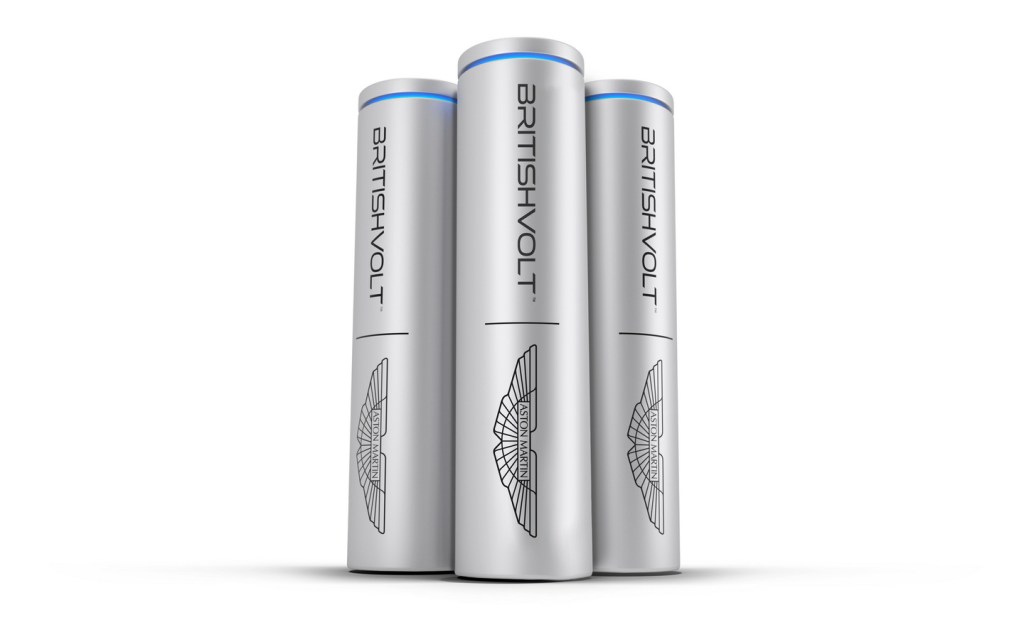UK-based EV battery maker Britishvolt in need of urgent funding to avoid insolvency
Plea for £30m emergency funding rejected by government
Nearly two years after Britishvolt announced a government-backed plan to develop a “gigafactory” for EV battery production in Northumberland, the project is in jeopardy due to running out of cash.
Though one report suggests that short-term funding may have been secured, production originally scheduled to start at the end of 2023 in Blyth, Northumberland, now looks set to be delayed by at least a year.
According to Britishvolt, the total investment in the new factory is valued at £2.6 billion, while it was expected to create 3,000 highly skilled jobs directly and to up 5,000 more in the wider supply chain. There are currently 300 employees working on the project.
As one of the UK’s largest ever industrial investments, the government has set aside about £100 million through its Automotive Transformation Fund. However, Britishvolt can only access the funds in instalments in line with milestones in the creation and opening of the gigafactory.
The gigafactory is thought to be strategically important to the UK automotive industry and a key component in the drive to the UK achieving net zero emissions by 2050.
Britishvolt applied to the business department yesterday (October 31) to bring forward £30 million as an emergency measure, but it was denied.
While not commenting directly on that plea, the business department said it was “determined to ensure the UK remains one of the best locations in the world for automotive manufacturing as we transition to electric vehicles, while ensuring taxpayer money is used responsibly and provides best value”.

Ian Lavery, Labour MP for Wansbeck, neighbouring Blyth, told the BBC he had spoken to the chairman of Britishvolt, who had asked the government for the short-term funding.
He said: “It is fairly and squarely at the door of the government for basically not agreeing to bring monies forward which will ensure that this project will continue.”
Orral Nadjari, Britishvolt’s co-founder and chief executive, resigned in August, and was replaced by Graham Hoare, the deputy chief executive. Nadjari is the biggest shareholder, at 25%. Hoare told the Financial Times that the company needed about £200 million to get it through to next summer.
Early funding for Britishvolt came from Glencore, the mining and commodities group, which supplies raw materials used in batteries and has a deal with Tesla, while Ashtead, the equipment rental company, is also an investor. Britishvolt was promised support from Tritax, a property investment company working alongside Abrdn, the asset manager.
In the automotive space, Britishvolt has held talks with the owner of Jaguar and Land Rover – Tata Motors – and also hoped to appeal to Tesla.

In March this year, a memorandum of understanding between Aston Martin and Britishvolt was signed intending the companies work together to design, develop and devise ways to productionise new battery packs and battery management systems.
That follows on from a similar arrangement between Lotus and Britishvolt. These agreements are unlikely to assist with the firm’s cash flow in the meantime.
The BBC reported late yesterday that Britishvolt had secured cash to stay afloat in the short term but did not confirm the source of the funds.
A spokesperson for Britishvolt said the company was “aware of market speculation” and was “actively working on several potential scenarios”, though declined to comment further.
Related articles
- After reading about financial issues at Britishvolt, you may also like to check out all the car makers’ electric vehicle plans
- Wondering what are the best EVs right now? Check out our electric car reviews here
- Or read more about the agreement between Aston Martin and Britishvolt, signed earlier this year
Latest articles
- Bedeo Defender 110 2024 review: Does electric Landie with in-wheel motors make for a perfect off-roader?
- F1 2024 calendar and race reports: What time the next grand prix starts and what happened in the previous rounds
- BYD Seal U 2024 review: Chinese brand adds plug-in hybrid SUV to its electrified line-up
- New Mini John Cooper Works revs up for Nürburgring 24-hour race debut
- Ineos Grenadier Quartermaster 2024 review: British pick-up is a tough mudder but too flawed to be a real workhorse
- Mini Cooper SE 2024 review: All-new electric hatchback is playing to the crowd
- Jeep Wrangler 2024 review: Impressive off road but you’d still have to be a committed contrarian to buy one
- Around 500 Ford workers in UK could go on strike over cost-of-living pay dispute
- Durham solar car team to take part in 24-hour race with smart tyres and night-driving solution














